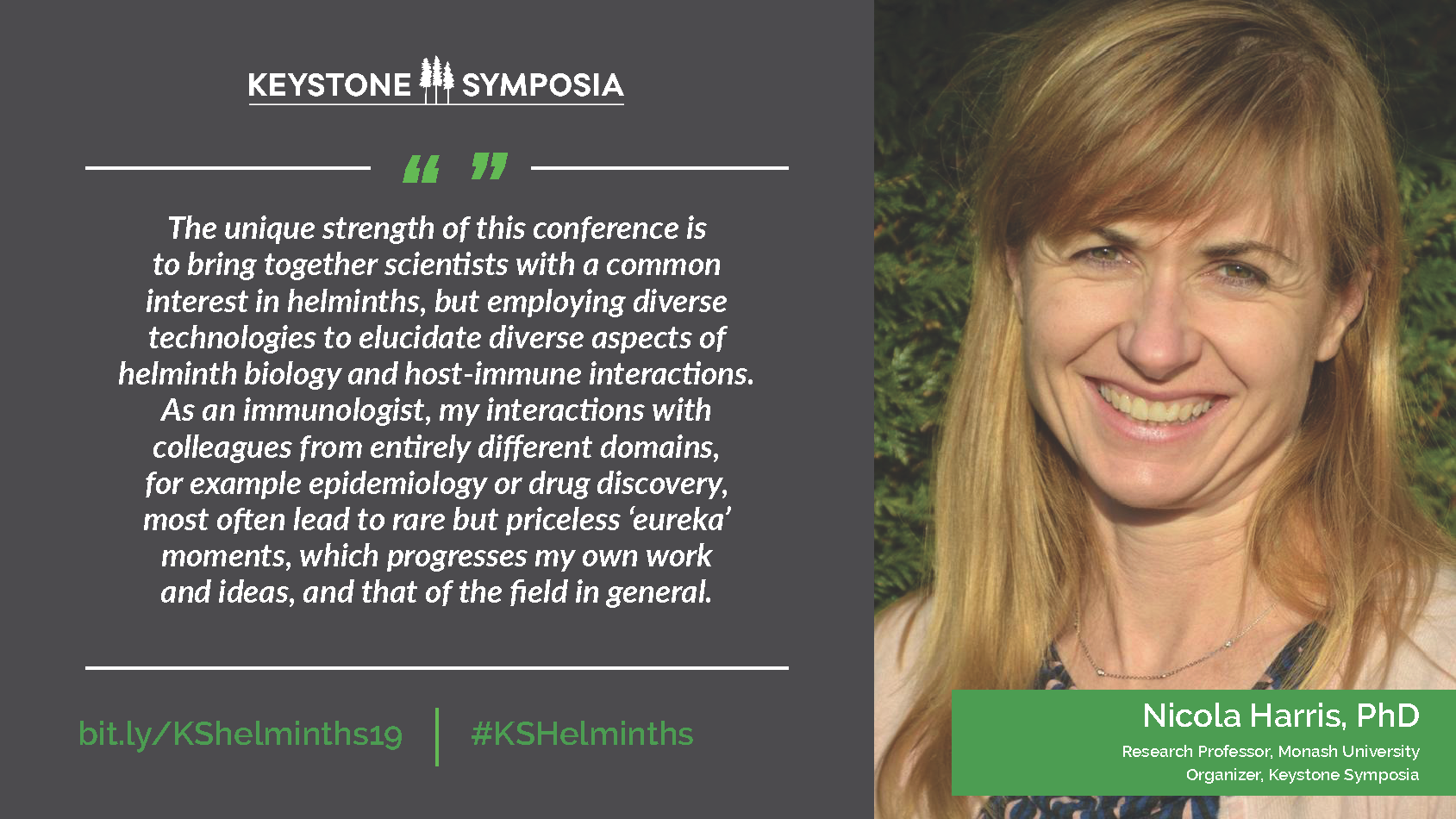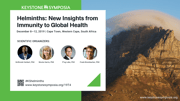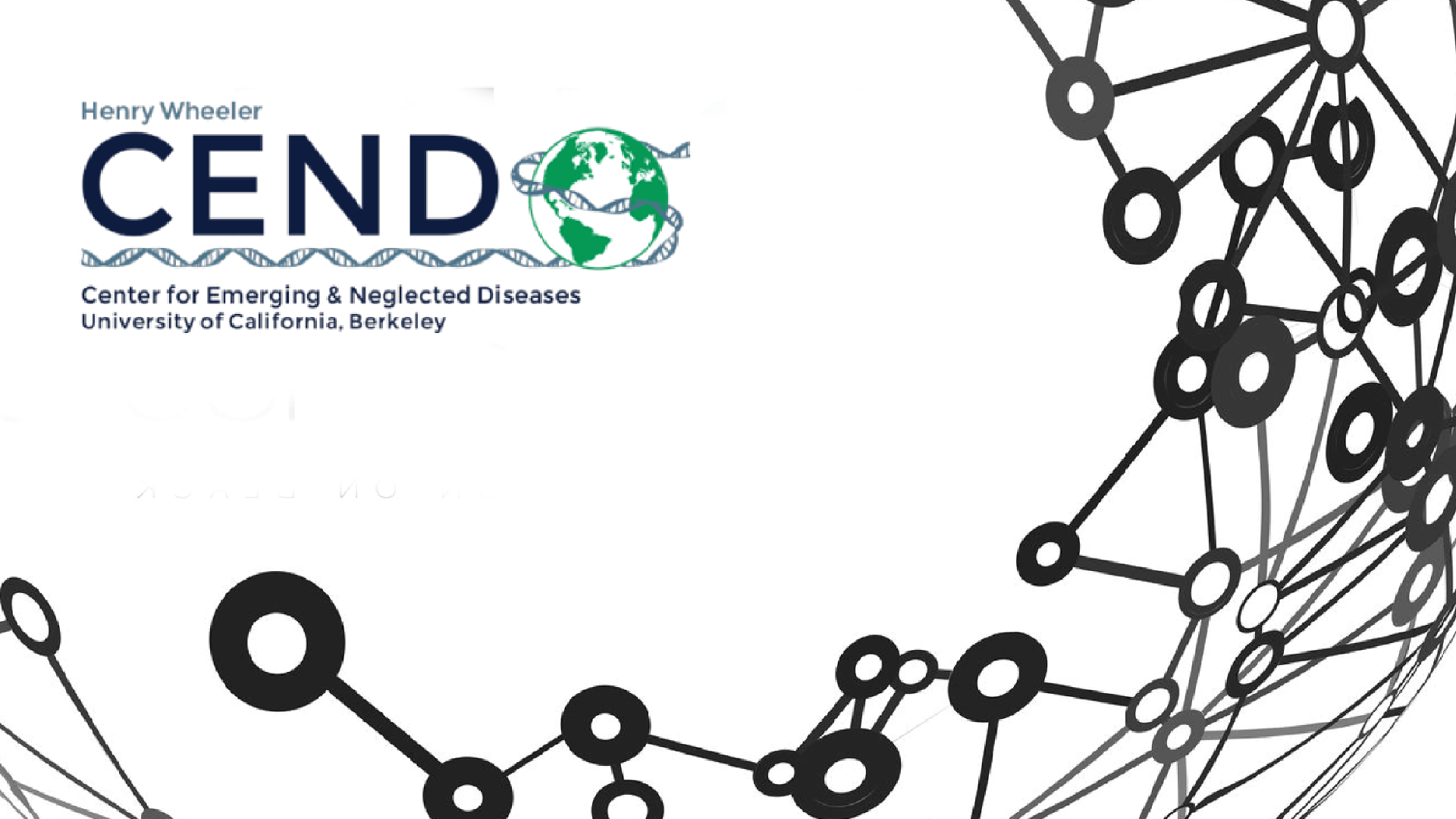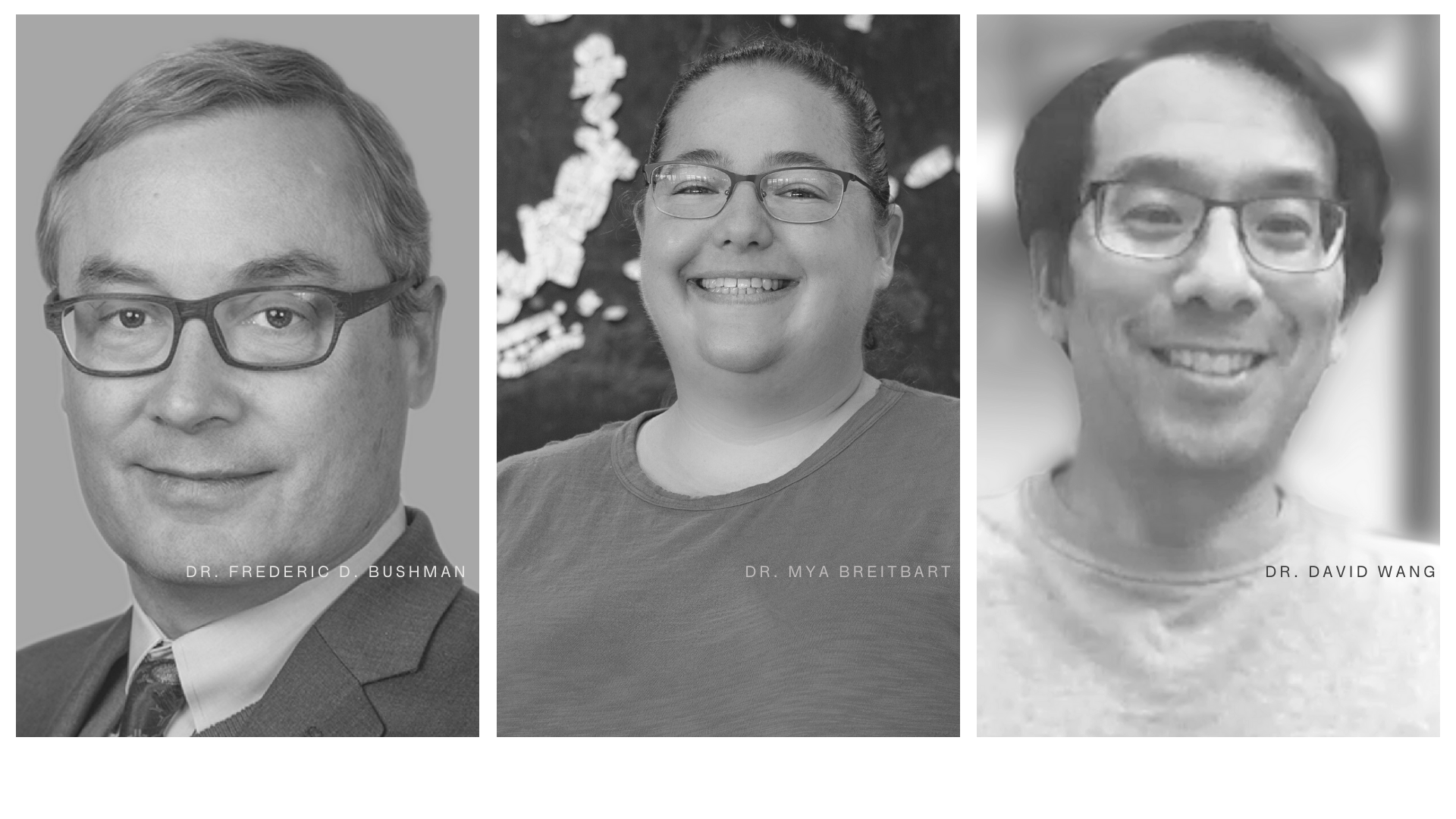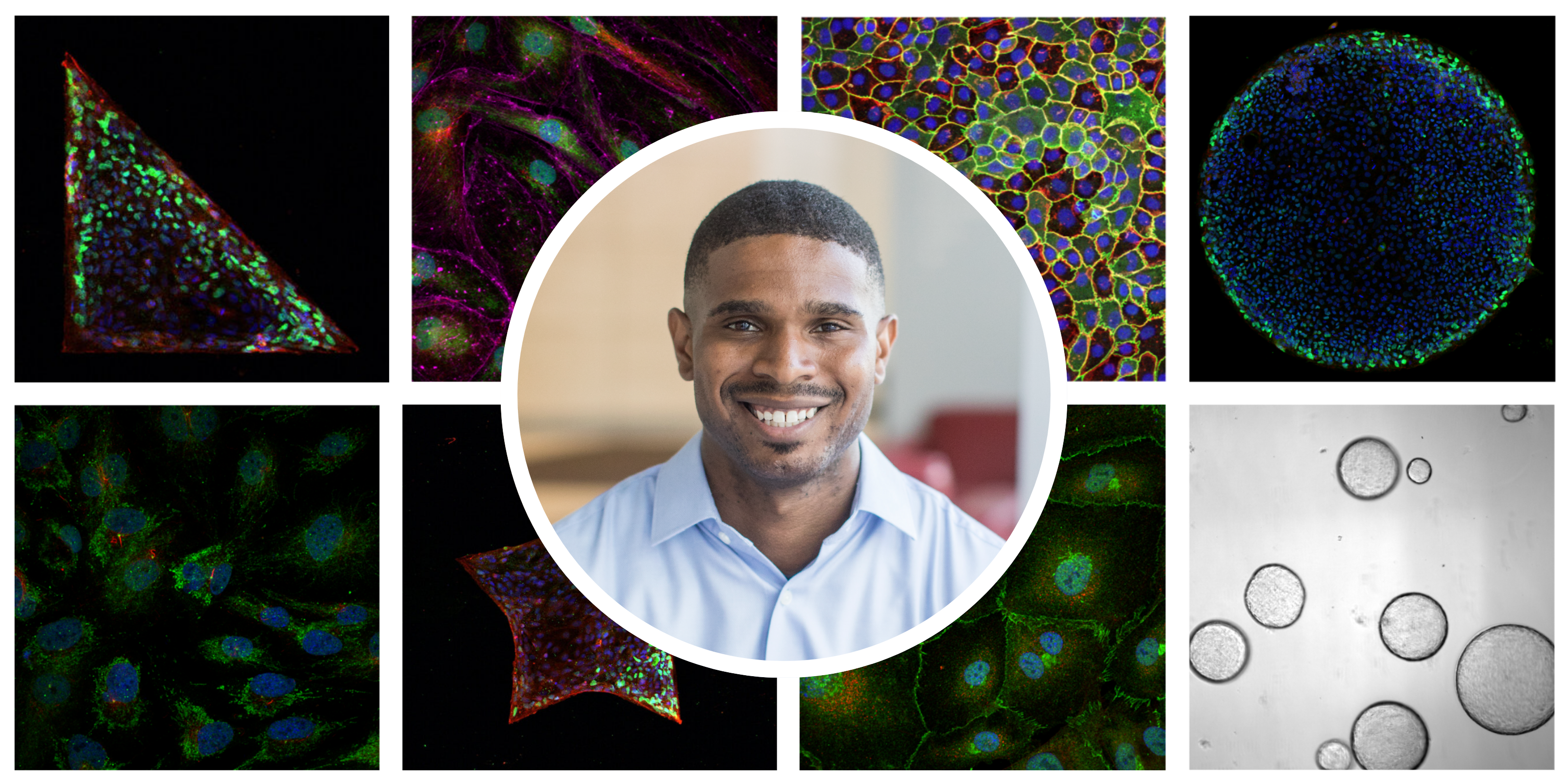Global Health Travel Awardee Shares Insights from "Helminths" Meeting
A guest blog post by Bola Oyesola, a 5th-year Nigerian graduate student at Cornell University, Ithaca, NY and a Cornell African Fellow who received a Global Health Travel Award to attend the Helminths meeting
Keystone Symposia in Cape Town, South Africa, fosters cross-disciplinary discussions among individuals from various scientific, cultural and social backgrounds.
As a graduate student from Sub-Saharan Africa pursuing research training in the United States, being a part of the Keystone Symposia on “Helminths: New Insights from Immunity to Global Health” in Capetown, South Africa was an experience I looked forward to for months and days preceding the conference. To great relief, this meeting beat and exceeded my expectations.
Succinctly put, the meeting provided an avenue for various scientists and trainees with diverse scientific, social and cultural backgrounds to meet, interact and discuss current and cutting-edge results and approaches in helminth host interaction, epidemiology and helminth biology with a key component for translational science.
In my opinion, the conference was well organized, highly rewarding and achieved the following important milestones…
Cutting-Edge and Impactful Science in Global Health
The range of discussion and topics at this conference brought to the forefront the leading areas of research and topics in the field, including but not limited to:
-
- A key understanding of factors that influence the initiation and regulation of immune response to worm infection
- The interaction between the worms and other macro/microbiome living in the intestine
- Frontiers in areas of worm biology and genetics
- The current state of affairs as regards the parasite epidemiology, ecology, and control
- A key understanding of the immunomodulatory effects of the worms
As a trainee with a strong interest in global health and international development, the immense show of support for this conference by attendance and engagement of various leaders in the field of helminth immunobiology really portrays to me their dedication. Interacting with these leaders at the conference showed me that those last few impact sentences at the beginning and end of their papers and grants really means something to them, and are not just written with the intent of securing grants or getting papers accepted.
To me, being present and engaging themselves at this conference is an active step by these leaders to expand the frontiers of science, and illustrates the real essence of cutting edge and impactful science.
To all of you, cutting-edge scientists and leaders who said yes to the invite-- some of whom traveled unending hours from your various niches and comfort zones-- to make yourself available to the field and next-generation researchers like me, you have raised the bar, and I am thankful for your efforts. Please continue to do so-- it means a lot to inspire us all.
Diversity and Inclusion at its Best
There is a famous quote that states:
“Accessibility is being able to get into the building,
Diversity is getting invited to the table,
Inclusion is having a voice at the table,
Belonging is having your voice heard at the table.”
In my honest and sincere opinion, I believe the organizers and support teams for this conference thought through these 4 basic tenets to diversity and put in a conscious effort to achieve them. The choice of location for this conference in South Africa with the various available travel awards ensured phenomenal participation and engagement by individuals resident in low to middle-income countries where these diseases are of the highest incidence, and whose attendance might have been limited due to huge travel/visa restrictions and costs.
In addition, with the range of speakers and trainees present at this conference, including individuals from over 30 countries and all the continents except Antarctica being represented, this symposium provided a venue for the voices of various important stakeholders to be heard.
Furthermore, the extra effort to have a pre-meeting workshop/training for global health awardees, who are from resource-low countries, is a genuine effort to ensure that the content of the conference can be accessible and understood irrespective of scientific background.
"To me, organizing and supporting a conference that ensures that all attendees, irrespective of scientific, social and cultural background, can share and discuss science and approaches to science without any significant loss to the quality of the science is diversity and inclusion at its best."
Translational Science
During my attendance in the summer of 2018 at the Biology of Parasitism course, Alan Sher, in his introduction to Immunoparasitology, said to us:
“Parasitology has done more for immunology than immunology has done for parasitology.”
After being in graduate school for over 4 years with attendance at various symposia, seminars, and conferences, I have definitely witnessed this at its core. I have seen that many major fields of immunology – mucosal immunology, type 2 immunology, epithelial cell biology, innate and adaptive immunity to name a few – have benefitted from the use of worms for understanding host response to various stimuli.
Despite the importance of this knowledge and how it can be translated into effective therapies for other arising global health issues, the statistic remains that about 1.5 billion individuals across the world remain infected with worms. Furthermore, those with the most pathology live in one of the poorest and most deprived communities across the world. Therefore, translation of our understanding of the parasite immune response and biology to effective therapies and control strategies is still a necessity.
I believe that the cross-disciplinary approach of this conference has provided some translational insights on:
-
- new areas for vaccine development
- alternative therapies and technologies to tackle the rising incidence of drug resistance and/or drug unresponsiveness in the field
- use of immunomodulatory substance from worms to tackle the rising incidence of immune disorders
Furthermore, discussion as regards the value of control versus elimination of worms during the meeting, suggest that “we” remain cognizant of the evolutionary beneficial role of our close interaction with these “parasites.”
What I took away from the Helminths Meeting
To paraphrase Bill Gates, I dare say to the organizers and support teams for this conference that through your actions you have turned caring into action-- you have seen a problem, found a solution and delivered impact.
As a result of my experience, I have joined the rest of the Bill and Melinda Gates visionaries and followers to be an impatient optimist, believing through our actions we can continue to make the world a better place for all of us irrespective of social and economic status, race, creed and gender.
Oyebola Oyesola participation in the meeting is made possible through Global Health Travel Award funded by the Bill & Melinda Gates Foundation. Views are authors alone do not represent the official view of the Keystone Symposia and/or Bill and Melinda Gates Foundation
*Background image sourced from WikiCommons:
Find out more about Global Health Travel Awards in this Keypoint Blogpost
https://keypoint.keystonesymposia.org/features/global-health-travel-award-winners-convene-at-cell-death-meeting-in-brazil/
Watch video interviews with meeting co-organizers for more insights in this Keypoint Blogpost
Meeting co-organizer Nicola Harris shares thoughts about the field in this Keypoint Blogpost
Related news
COVID-19 Hackathon Award Winning Designs for Diagnostics & Ventilators
Last week the Center for Emerging and Neglected Diseases (CEND) of UC Berkeley, hosted a Virtual...
Organizer Insights into the Global Virome in Health & Disease Meeting
The microbiome, once overlooked for its complexity and essential role in dictating human (and...
Q&A with Keystone Fellow & 2025 Organoids meeting Organizer, Dr. Quinton Smith
Dr. Quinton Smith is a chemical engineer wearing a biologist’s hat. His lab at the University of...
